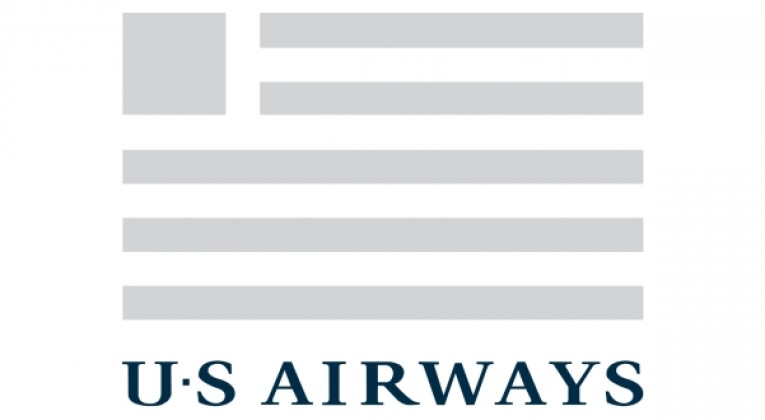Some links to products and partners on this website will earn an affiliate commission.
Consider what happened on June 16, 2011
One of our most experienced Captains – with over 30 years of experience, thousands of hours of flight time and a degree in Aviation Safety – was in the cockpit, about to embark on a 3,000 mile trans-Atlantic overnight flight.
When pushing back from the gate, the auxiliary power unit (a backup source of electrical power) and the Hot Battery Bus (a critical source of primary electrical power) both failed – in other words, the plane had no electrical power and no radio communications. None.
After opening a window to verbally call down to the ground crew (the Captain’s only option), US Airways maintenance was able to restart the power unit, but offered no explanation as to why it failed or any reasonable assurance that it wouldn’t fail again.
With her years of experience, the Captain knew this was a serious problem, and not one she wanted to encounter again, in the middle of the night, somewhere over the Atlantic Ocean.
This Captain did exactly what she is paid to do: exercise good judgment by stopping the operation and to address the issue with US Airways’ maintenance staff. In the meantime, she had an airplane with nearly 300 passengers who were not only anxious for information, but they were getting increasingly hot. Diagnosing the electrical problems required shutting down the aircraft’s air conditioning and there were problems with a ground-based conditioning unit. While dealing with the maintenance issue, the Captain and her crew also had to monitor the situation in the cabin and make sure the temperature wasn’t unsafe – for passengers of any age or health condition – and balance those concerns against the goals of Customer Service agents who are frequently resistant to deplaning the passengers because of the pressure to be on time.
Perhaps if mechanics had simply started work on the problem when the Captain reported it, the situation would have worked itself out, but US Airways isn’t running that way with our current management. Instead, they embarked on a plan to intimidate the Captain and her crew to try to get them to fly the airplane without fixing it. Not only did mechanics try to convince her to disregard the problem, but her supervisor called her repeatedly and put tremendous pressure on her, specifically asking if she was “refusing to fly.” At US Airways, pilots who refuse direct orders are putting their jobs at risk.
But this Captain stood her ground. She was right and she knew it, and she deserves tremendous credit for placing her career at risk in the name of safety. So, what does US Airways do with a Captain with such strong character and superior skills? In this case, she was met by US Airways Corporate Security and escorted out of the airport! Furthermore, members of her crew were threatened with arrest should they try to interfere.
US Airways has since attempted to spin the reason for calling for security as a customer service issue – they claim that her “continued presence was creating an environment that reflected unfavorably on the Company.” Translated, this Captain’s presence represented the passengers’ only link to the truth about the aircraft’s condition, and the Company likely didn’t want them to get wind of the fact that their plan was to find a crew who would fly the airplane without fixing this known deficiency.
Do you think we have a problem here at US Airways? We are living a death from a thousand cuts, this is just one of those cuts. Our management has lost control of the employees. Please do your research and consider the consequences of a continued Star Alliance relationship with US Airways.
Sincerely,
Dave Mudge
Captain A320






Leave a Reply